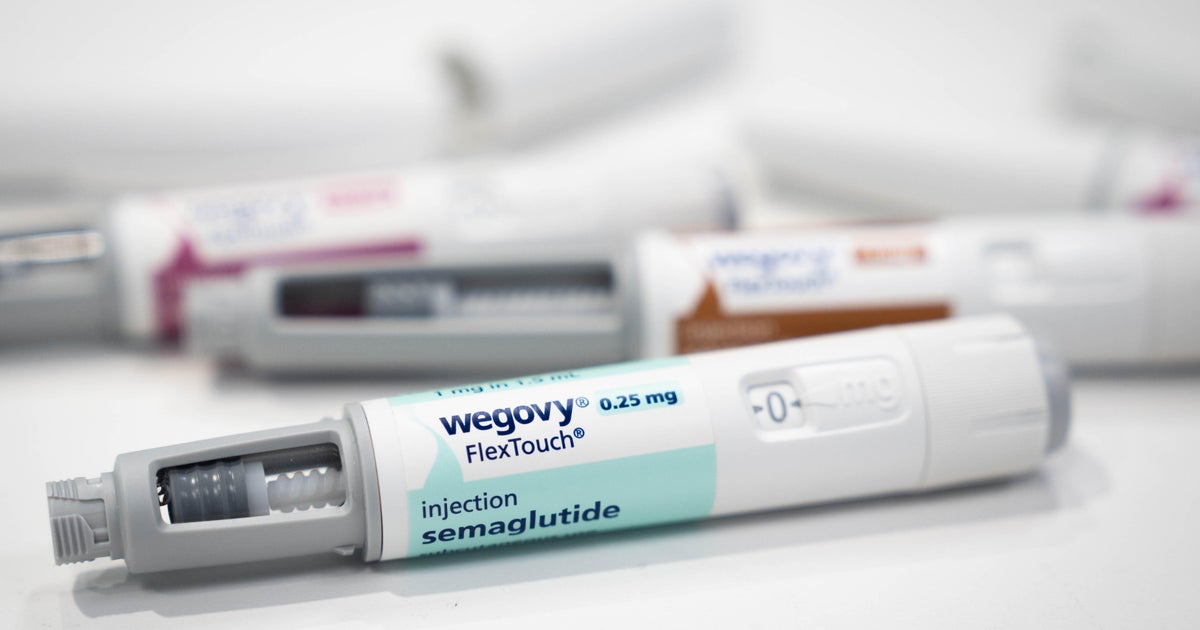President Donald Trump says Americans could soon pay far less for GLP-1 medications used for diabetes, obesity, and heart disease. He announced that his administration has secured a deal to bring lower pricing to drugs like Ozempic, Wegovy, and Zepbound.
The White House says the agreement with manufacturers Eli Lilly and Novo Nordisk will “dramatically reduce out-of-pocket costs” for patients and lower what insurers pay. A trade group representing independent pharmacies indicated the details are still developing, but the goal is to eventually bring U.S. prices closer to what other countries pay for the same drugs.
In Colorado, many patients say the promise of lower prices can’t come soon enough.
When insurance denies coverage, patients often face prices ranging from $500 to more than $1,000 per month. Many people have turned to med spas to obtain compounded versions of the medications, which are not FDA-approved and don’t go through the same testing, quality controls or dosing oversight as the brand-name drugs in pharmacies.
“I saw a friend have success, so I looked into it,” said Brittany, who lost more than 40 pounds after starting semaglutide. “Insurance didn’t cover it. The most I’ve paid was just over $400 a month, and I couldn’t afford that long-term.”

Semaglutide (GLP-1) weight-loss drug Wegovy, made by pharmaceutical company Novo Nordisk, which are designed to treat type 2 diabetes, but widely known for its effect on weight loss.
James Manning/PA Images via Getty Images
She ultimately found a different med spa at a cheaper price.
“It’s been life-changing,” she said. “I’m more confident, my triglycerides improved, and it’s helped me maintain healthier habits.”
But she knows not everyone’s experience with compounded drugs is safe.
At the University of Colorado Anschutz Medical Campus, endocrinologist Dr. Thomas Jensen says the demand for GLP-1 medications is unprecedented.
“We’ve never seen any drug class where so many patients come in specifically requesting it,” Jensen said. “It’s probably one of the most popular drug classes we’ve seen.”
Jensen urges patients to avoid compounded versions altogether, as you can’t guarantee purity or safety.
Unlike FDA-approved GLP-1s dispensed at pharmacies, compounded semaglutide is not held to strict quality standards. Some products sold as “semaglutide” are technically different chemical compounds.
Jensen says he prefers patients speak to their doctors before turning to med spas or online clinics, especially as demand continues to climb.
While known for weight loss, Jensen says the benefits extend beyond the scale.
Patients have seen dramatic reductions in insulin needs, lower rates of cardiovascular disease, and less joint pain.
“We’ve seen people who were taking insulin four times a day come off entirely,” he said. “These drugs can be foundational treatments for obesity, diabetes, heart disease, and even heart failure.”
But access remains the biggest barrier, especially for people who don’t meet strict insurance criteria.
Jensen says cost is the number one reason insurers hesitate.
“If every patient who wanted to lose weight took these medications, premiums would go up,” he said. “They’re roughly $1,000 a month. That’s probably why there’s so much hesitation.”
He hopes that changes will provide better access for more patients to be able to utilize these medications.
“We also have to bring people back to a sense of what the real utilization of these medications is for, and that’s for overall health, and not just certain types of looks,” he said.
More from CBS News

